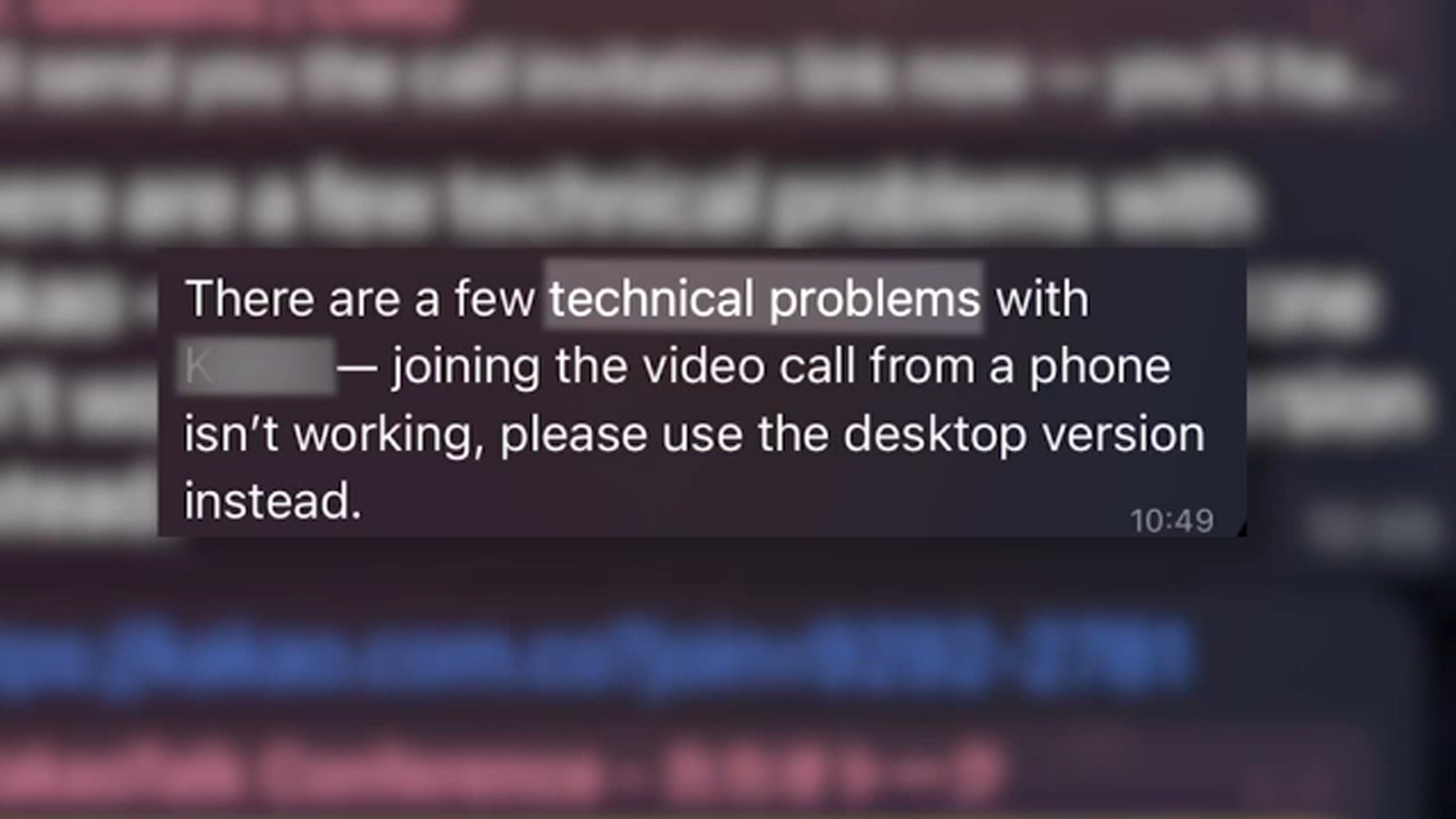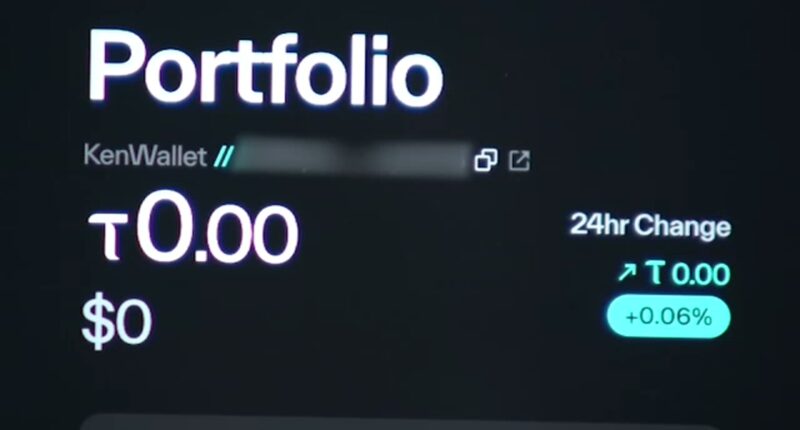Share this @internewscast.com
Kenneth Nicholson, a Durham, North Carolina native, is deeply immersed in the world of cryptocurrency. He runs a YouTube channel where he shares insights and strategies for investing in digital currencies.
“My journey began with creating content on cryptocurrency and eventually led to launching my own crypto exchange,” Nicholson explained.
As someone well-versed in the crypto scene, Nicholson is no stranger to people reaching out to discuss digital currency topics. Initially contacted via a direct message on social media, he engaged in several days of conversation with the person. “They pulled me in with continuous chats and probing inquiries,” he recalled. Following numerous exchanges, the person requested a meeting ostensibly to talk about technology, which Nicholson agreed to.
Just moments before the scheduled meeting, Nicholson received a message claiming there were technical glitches with their meeting platform. “The individual sent me a link to download software, and I clicked on it. It opened on my Mac’s terminal and asked for my password,” Nicholson described. Trusting the process, he entered his password but soon after, he began to feel uneasy. “I noticed strange characters in the script,” he said.
Reacting quickly, Nicholson disconnected his Wi-Fi, unplugged his computer, and took a moment to step away, believing he had thwarted any unauthorized access. However, upon returning to his computer, he discovered a harsh reality. “I was logged out of all my accounts, and my funds had vanished,” he lamented.
The scam resulted in the loss of $80,000 from his cryptocurrency account. “While risks are inherent in this field, this experience was particularly jarring as it was a direct and targeted scam,” Nicholson admitted.
His advice to others to prevent getting scammed like he did: slow down when responding to messages. “A lot of times we make mistakes when we run more rushing. I know it’s hard in this day and age when so much is happening but go a little bit slower and just cross your t’s and . your I’s,” Nicholson added.
This is also a good reminder to never click on links from people you don’t know. After he was scammed, Nicholson took a closer look at the link he was sent and instead of the legitimate meeting website, it had extra letters, using .co instead of .com.
Finally, think twice before downloading anything to your computer. While it may seem harmless, in this case it was software that gave the scammers access to all of Nicholson’s accounts once he entered his password.

Copyright © 2025 WTVD-TV. All Rights Reserved.

















